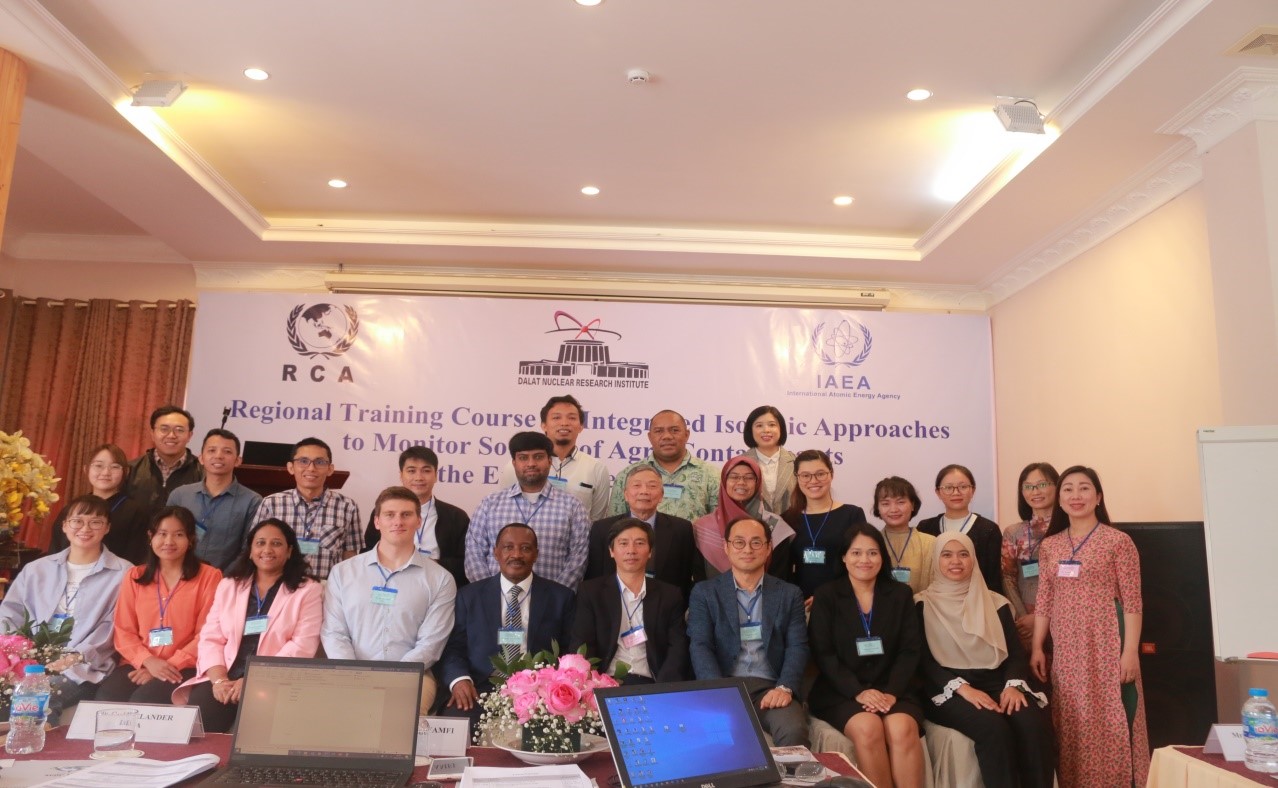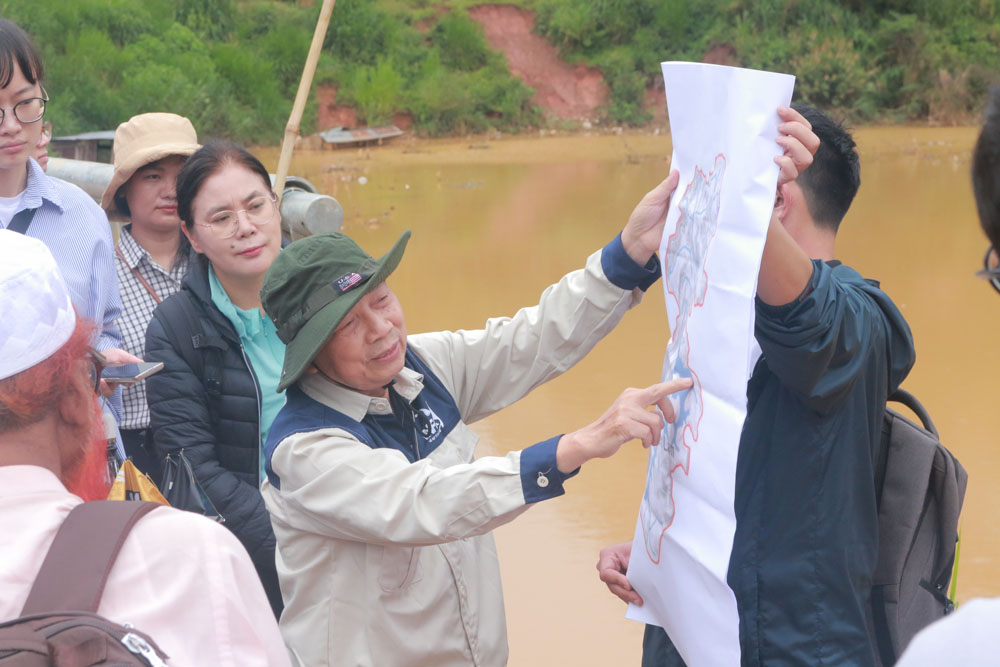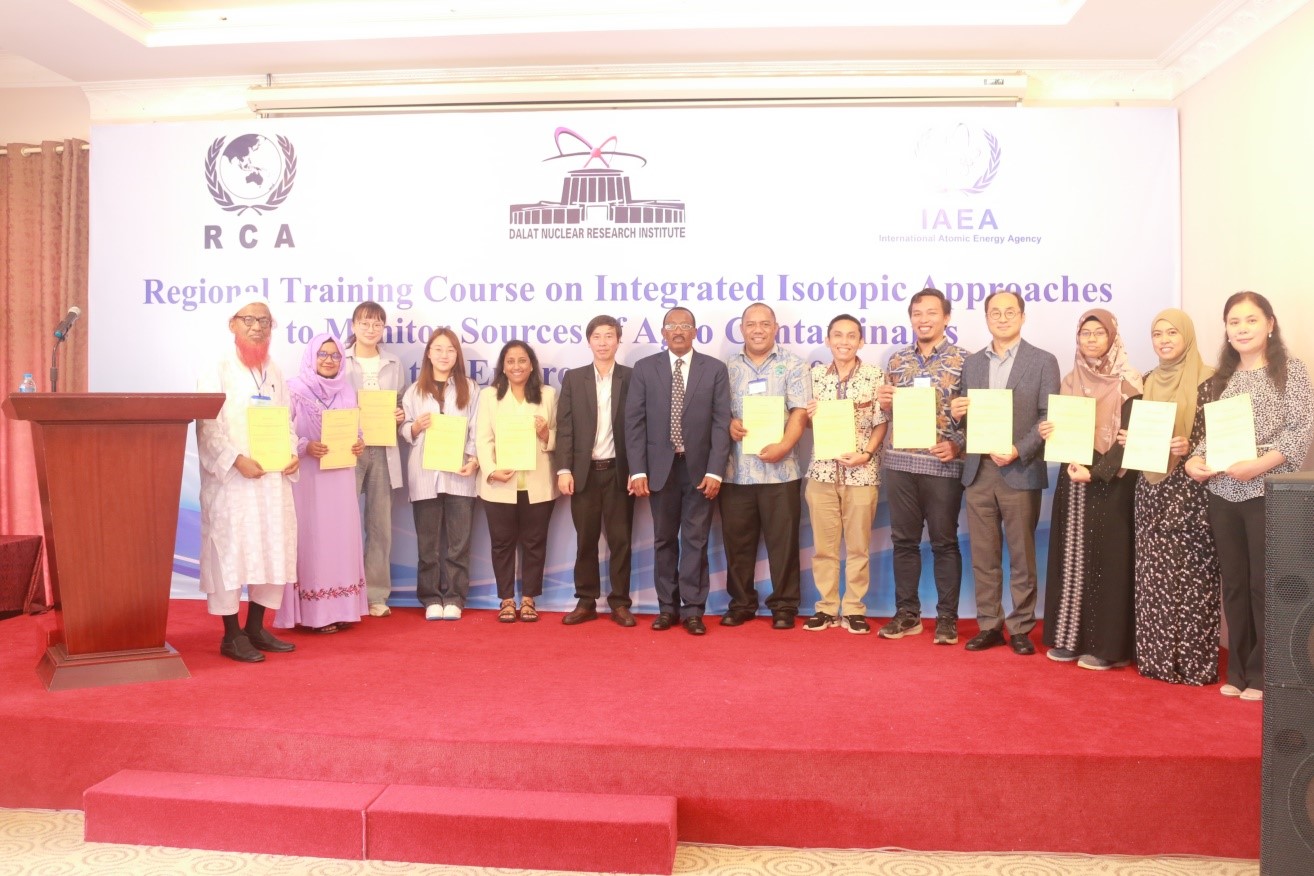Water quality and soil productivity in agricultural areas should be maintained and enhanced in order to maintain soil and crop productivity, ensure food security and water quality, and conserve biodiversity and other essential ecosystems. However, the changes in land use patterns, agricultural practices, population growth and climate in the Asia-Pacific region have resulted in the degradation of water and soil quality on a large scale, with more than 80% of rivers polluted and approximately 1.8 million people die from water-related diseases every year. Agricultural pollution varying throughout the region has been a major concern in every agriculturally intensive country. Agro- contaminants, such as fertilizers and nutrients (nitrogen, phosphorus, and sulfur), pesticides, sediments, carbon, organic substances, and a variety of other materials are generated, transported and accumulated in the catchments. Agro-contamination affects human, animal and ecosystem health, quality of life and environment, agro-productivity, and competitiveness of the agricultural industry.
On that basis, the International Atomic Energy Agency (IAEA) has been implementing the Asia-Pacific Cooperation Project IAEA/RCA/RAS 5/091 “Assessing and Mitigating Agro-Contaminants to Improve Water Quality and Soil Productivity in Catchments Using Integrated Isotopic Approaches”. The project will last from 2022 to 2025, with the participation of 21 countries in the Asia-Pacific region. It focuses on the assessment and mitigation of contaminants associated with agricultural activities in the catchments to improve water quality and soil productivity using integrated isotopic approaches. Through participating in the project, the capacity of countries in the region is strengthened by developing the techniques to identify, measure and trace environmental pollutants related to agricultural activities using isotopic toolkits. This project develops the techniques to identify the origin, transport, and hotspots of contaminants in agricultural activities using an integrated isotopic approaches, including stable isotopes (δ2H, δ13C, δ15N, δ18O, δ32S) in combination with stable isotopes in typical compounds (δ13C in fatty acids), and fall out radioactive isotopes (137Cs, 210Pb), etc.
Within the framework of the IAEA/RCA/RAS 5/091 Project, the Dalat Nuclear Research Institute (DNRI) collaborated with the IAEA to organize the training course during July 24 to July 28, 2023. There were 23 participants from 14 countries including India, Bangladesh, Fiji, Korea, Indonesia, Malaysia, Mongolia, Myanmar, Nepal, Pakistan, Philippines, Thailand, China and Vietnam participated in the training course. The training course was delivered by experts including Dr. Joseph Adu-Gyamfi - an IAEA Technical Officer, Dr. Dang Duc Nhan from the Vietnam Atomic Energy Institute, and Mr. Carl Helander from the Department of Nuclear and Isotope Research and Development, Macquarie University, Australia. The purpose of this course was to provide knowledge of experimental design and sampling techniques for isotope analyses and complementary methods for assessing the quality of soil and water containing agro-contaminants in the catchments.

Through the course, the participants were equipped with knowledge of isotope roles in the study of agro-contaminants, experimental designs, sampling, sampling planning, processing, analytical methods, and the models of contamination contribution assessment. Simultaneously, the participants conducted the experiments that involved collecting water samples and preparing them for contaminant and isotope analyses. In addition, the participants were also instructed to analyze stable isotopes on the Stable Isotope Ratio Analyzer at DNRI and the Center for Applications of Nuclear Techniques in Industry.
The lecturers and participants shared the research experiences from their own countries. At the end of the course, Dr. Joseph Adu-Gyamfi hopes that the participants can effectively implement their research projects with the knowledge and experience they obtained, and thereby, improve regional database network on environmental pollution associated with agricultural activities in the Member States.

Dr. Joseph Adu-Gyamfi - Technical Officer of the RAS/5/091 Project delivers the opening speech

Mr. Nguyen Kien Cuong – DNRI Deputy Director delivers the welcome speech

Dr. Dang Duc Nhan presents a lecture on the application of stable isotopes in the study of agricultural contaminants

Mr. Carl Helander from Macquarie University, Australia presents the methods for experimental designs


Dr. Dang Duc Nhan guides the participants to collect and process samples at the field

The participants learn about stable isotope analyses of H-2 and O-18 on Laser Spectrometer at the Center for Applications of Nuclear Techniques in Industry

The participants learn about stable isotope analyses of C-13 and N-15 on EA-IRMS Isotope Ratio Mass spectrometer at the DNRI

The participants receive certificates after the training course

The participants visit and take souvenir photos at the DNRI

The participants visit and take souvenir photos at the Center for Applications of Nuclear Techniques in Industry
Translated by Le Van Ngoc
Source: Dalat Nuclear Research Institute



 Contrast
Contrast 













